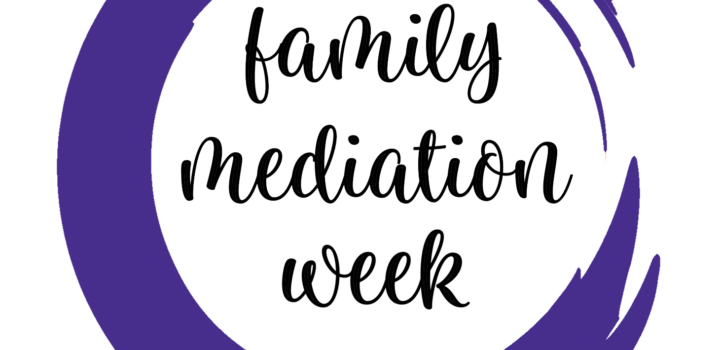Mediation is an open forum which allows couples to speak freely about the future of their family, whether that be a discussion regarding their family finances or their children, their housing, their education and future needs.
Mediation affords couples a non-judgemental neutral and safe space to reach an agreement regarding their future.
What is the process of Family Mediation?
Initially, both partners will receive an initial phone call with the mediator to assess whether mediation is suitable for them and their family. Following on, there will be a face–to-face meeting with each partner and the mediator prior to the first proper session. In this face to face meeting, the Mediator will carry out a risk assessment to make sure that each person is there voluntarily, and that they are happy to proceed with the mediation process.
The Mediator will give each individual an Agreement to Mediate, which is the agreement that the partners sign up to which will tell you how Family Mediation works, the role of the Mediator and their neutral place within the process, and most importantly, that it is a voluntary process.
Can mediation be legally binding?
Family mediation is not legally binding. If the mediation process results in an agreement being reached between the couple, this is reflected in what is known as a Memorandum of Understanding (MOU), this document is legally privileged, which means that it is not legally binding and the contents of that MOU cannot be relied upon in any subsequent litigation.
An additional document will also be produced by the Mediator called an Open Financial Statement (OFS), this will reflect the family finances, assets and liabilities, income and expenditure and can be used within any court proceedings or any solicitor correspondence if need be.
Once a MOU has been reached, this needs to be drafted into a Consent Order by your solicitors, which is then lodged at court for the judge’s approval and sealing and this is when it becomes legally binding.
How does the mediation process work?
The first session at least will be spent discussing what the couple’s priorities will be, it maybe that they are in agreement over the arrangements for the children and they need to focus on their family finances or vice versa. It may be that they have a limited need for mediation in that they are all but agreed but just need some help to sort out what is the right level of maintenance; or it may be that this will be the first time they speak about what they would like for their future and what that looks like for them.
There is not one set way for mediation to work. The first stages are normally for the Mediator to establish what the couple want to prioritise and work on that. The Mediator more often than not will use a flip chart and write down what the couple have said so that it can focus everyone’s mind on what the factors are for discussion.
For example, it may be that there is a budget that both individuals need to work out to assess their income needs and so they may work on that. And then the process would be to share that information with the other person.
It is important to note that most Mediators must not hold a confidence and they will be obliged to share all the information disclosed with both individuals.
The next stages will be once all the information has been gathered, the Mediator will invite each individual to share that information with the other. The next stage would be for proposals to be discussed and considered.
What are the mediation techniques?
There are no set techniques; that is the beauty of mediation. The individuals set the pace and the agenda. It is up to them what is on the table for discussion, there is nothing which is considered irrelevant. The purpose is for the process to be used in a safe and neutral way to achieve the best results for that specific family, they are not prohibited by what the court process might be; of course any agreement reached must be such that a court could legally order it.
The advantage of Mediation is that it can be beneficial for the discussions to be more relaxed and not focussed on processes and procedures. The couples have a free rein to reach the right outcome for their family.
If you would like more information about family mediation, contact our specialist family mediator, Che Meakins by email on cm@raydensolicitors.co.uk or by telephone on 01727734260.
















